Harry Meghan interview: No hard evidence of royal racism
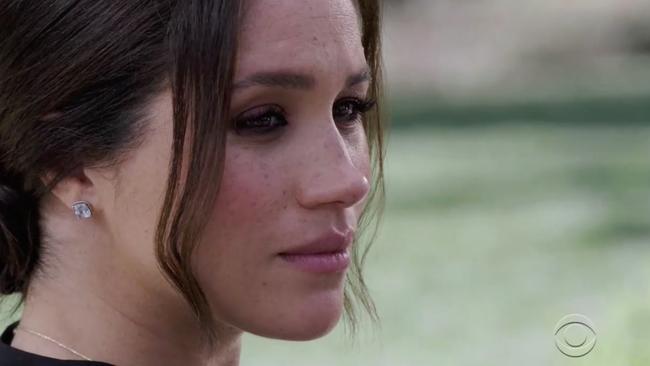
No, never mind them – it’s us I’m worried about. Unfortunately to illustrate this concern I have to dip back into the Oprah Winfrey transcript. Here you find Oprah asking Meghan if Archie may not have been made a prince because of his race. Towards the end of her answer Meghan refers to “concerns and conversations about how dark his skin might be when he’s born”. Oprah does her now famous double take. Meghan adds that she didn’t hear this herself but there were “several conversations with Harry” involving the “family”.
Oprah: “About how dark your baby is going to be?” Meghan: “Potentially, and what that would mean or look like.”
Meghan won’t reveal who the conversation was with. It is Oprah who asks Meghan to speculate that the subject was raised because “they” (unspecified) “were concerned that if he were too brown that that would be a problem”. The reply was “I wasn’t able to follow up with why, but I think that feels like a pretty safe [assumption] …”
And that’s it. That’s all any of us have to go on. We don’t know exactly what was said, we don’t know how it was said, we don’t know who said it. The only context that we can give to this story is one, frankly, conjured up out of our own fantasies and prejudices. But Lord, we haven’t let that stop us.
We might easily imagine that this anonymous royal is an ideological relic, still rooted in the assumptions of the not-so-distant past. There is an old-fashioned, middle-class English form of mocking concern about race-mixing summed up in that odious phrase that someone bears “a touch of the tarbrush”.
My maternal grandfather, an army officer whom I only met once, had a derogatory word for just about every nationality and colour other than his own, all of which he deployed with an imperial sense of national and racial superiority. This included describing my father as a “hairy, Jewish gorilla”.
That was some time ago now. But maybe some of that survives at rarefied heights? Or perhaps instead we could speculate that the original comment came from someone actually hoping for a child who was noticeably darker, on the basis of it demonstrating in the princely flesh the royal family’s investment in diversity.
My own mother, as militant an antiracist as you can imagine, might easily have said something like that. And, after all, what on earth would be the point of expressing concern about the colour of a baby who will be born in any case?
But just as one side makes the assumption that this accusation is “dynamite”, suggesting an institution in desperate need of re-education, the other asserts that it’s all a lie concocted to wound our hard-working, dutiful royals. It needs restressing: the only fact here is that we don’t know. Yet so many people act and write as if they do. And at this point I want to link the royal race imbroglio to another “scandal”, this time on the other side of the Atlantic.
Early in the pandemic I started to listen to podcasts and read articles by the veteran New York Times science reporter, Donald McNeil. One of those craggy old journalists who quite enjoys their own cragginess, McNeil turned out to be a brilliant guide to the uncertainties of the corona world. With excellent contacts and superb judgment he called it right, from his early pessimism about viral spread to his early optimism about vaccine development. He seemed nailed on for a Pulitzer.
Then, last month, out of the blue, came the story that he had, in effect, been fired. The full story, including his own lengthy version, has now been published and it begins in 2019 when he was one of the journalists accompanying paying teenagers on a New York Times jaunt to Peru. Some of them had complained about him, that complaint had leaked to a rival news outfit, who wrote up the story and the sky fell on McNeil’s grizzled head.
McNeil himself has detailed the complaints, all of which seem to allege some form of racial insensitivity and which range from the use of the “n” word to dissing the medicinal capabilities of a Peruvian shaman. No one disputes that he had used the “n” word in a discussion about racism, because a friend of one of the participants had got into terrible trouble for using it herself.
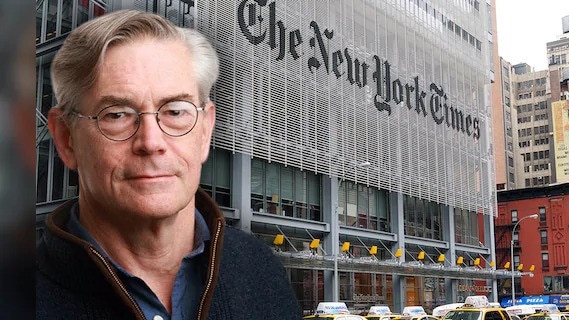
When it was demanded of him by his management that he apologise, he did so, writing that “originally, I thought the context in which I used this ugly word could be defended. I now realise that it cannot. It is deeply offensive and hurtful.”
Not enough. The balloon went up among some of his colleagues, over 150 of whom dismissed the management’s defence that McNeil had had no racist intention. “Intention,” they wrote, “is irrelevant.” They were “outraged and in pain”, they said, because “we have given a prominent platform – a critical beat covering a pandemic disproportionately affecting people of colour – to someone who chose to use language that is offensive and unacceptable by any newsroom’s standards.”
“A platform"? To one of the best science journalists in the Anglophone world to write brilliantly about the biggest public health crisis of a century? On receipt of the letter and despite the fact that it hadn’t called for McNeil’s dismissal, his bosses told him he had “lost the newsroom” and should sling his hook.
Is McNeil a racist? Almost certainly not. What helps us to understand this is knowing the context and thus his intention. But if you decide that these are irrelevant, and that your “pain” is what matters, and you can get enough signatures on your complaint then, as the craven New York Times management has shown, emotion can defeat mere facts every time.
One irony, of course, is that this is also the great lesson of Trumpism. Over here it feeds into what you might call the piersmorganification of public culture. Where the important thing is not whether you’ve got it right, but how much noise you make.
We need to push back hard against this. Intention matters, context matters, facts matter. If “feelings” are all that count, then eventually we are, every one of us, potentially lost to someone else’s emotional intensity. And that, not duchesses, is what matters here.
The Times

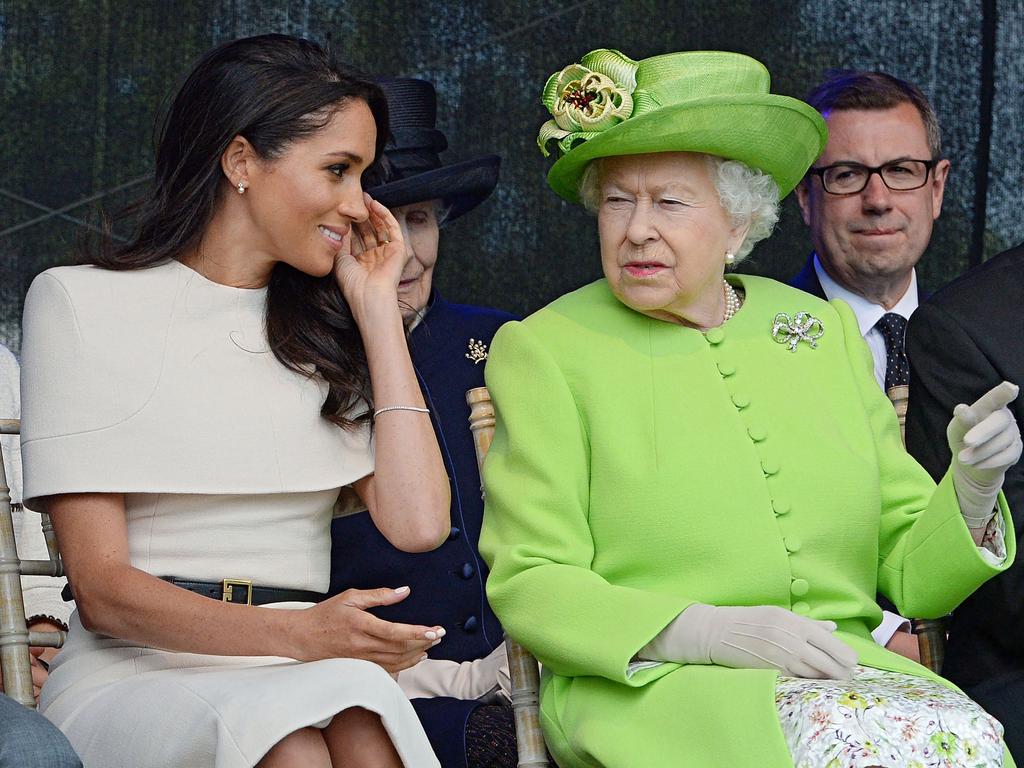
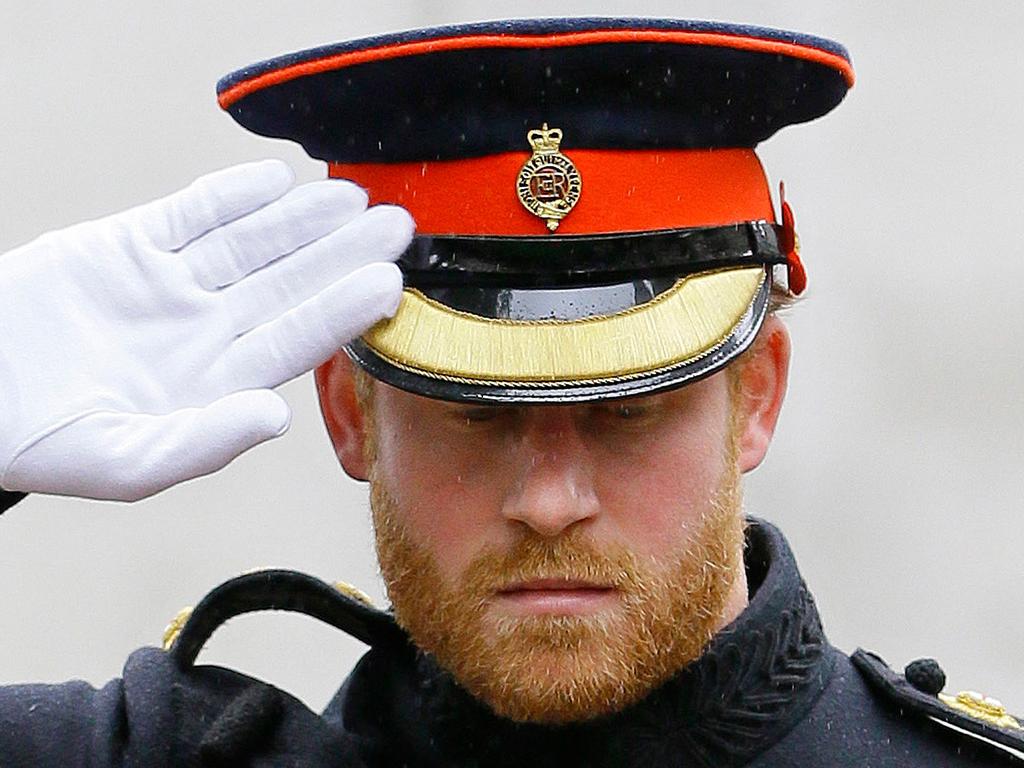
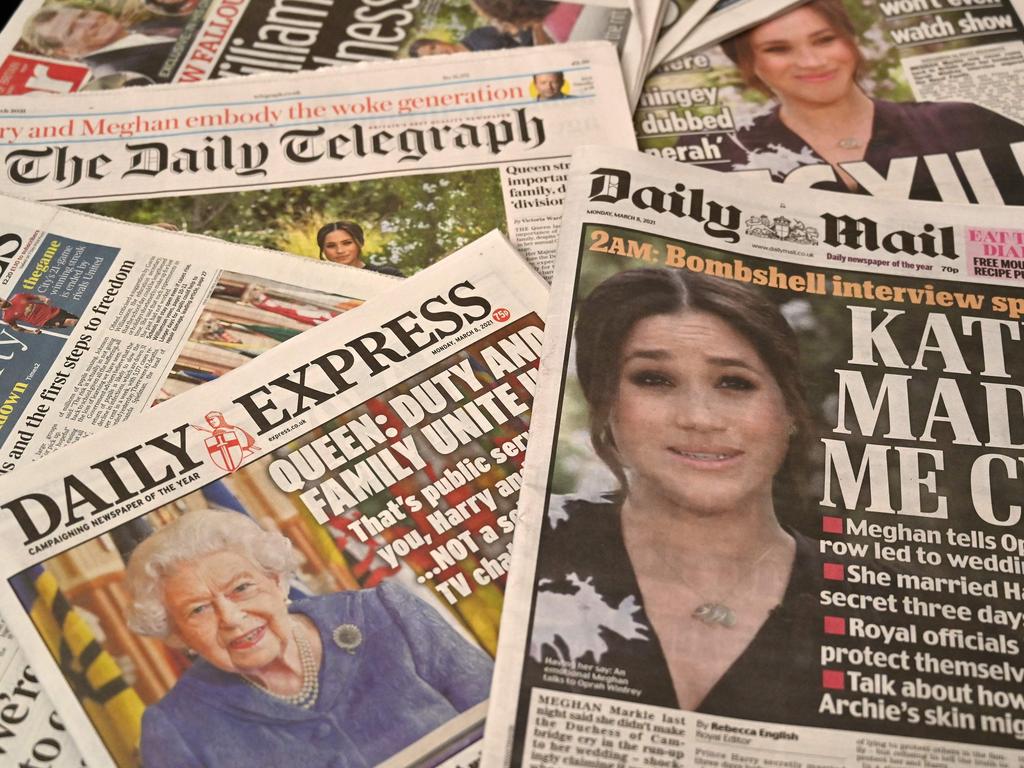



I am not a great one for duchesses. As Robbie Burns wrote of deference to lords, “His riband, star, an’ a’ that, / The man o’ independent mind, / He looks and laughs at a’ that.” And when that man wants genuine, real-life family drama, he listens to The Archers. Nor am I persuaded that this latest demarche is some great existential crisis for the royal family, reckoning that if you can survive Prince Andrew, you can survive anything.